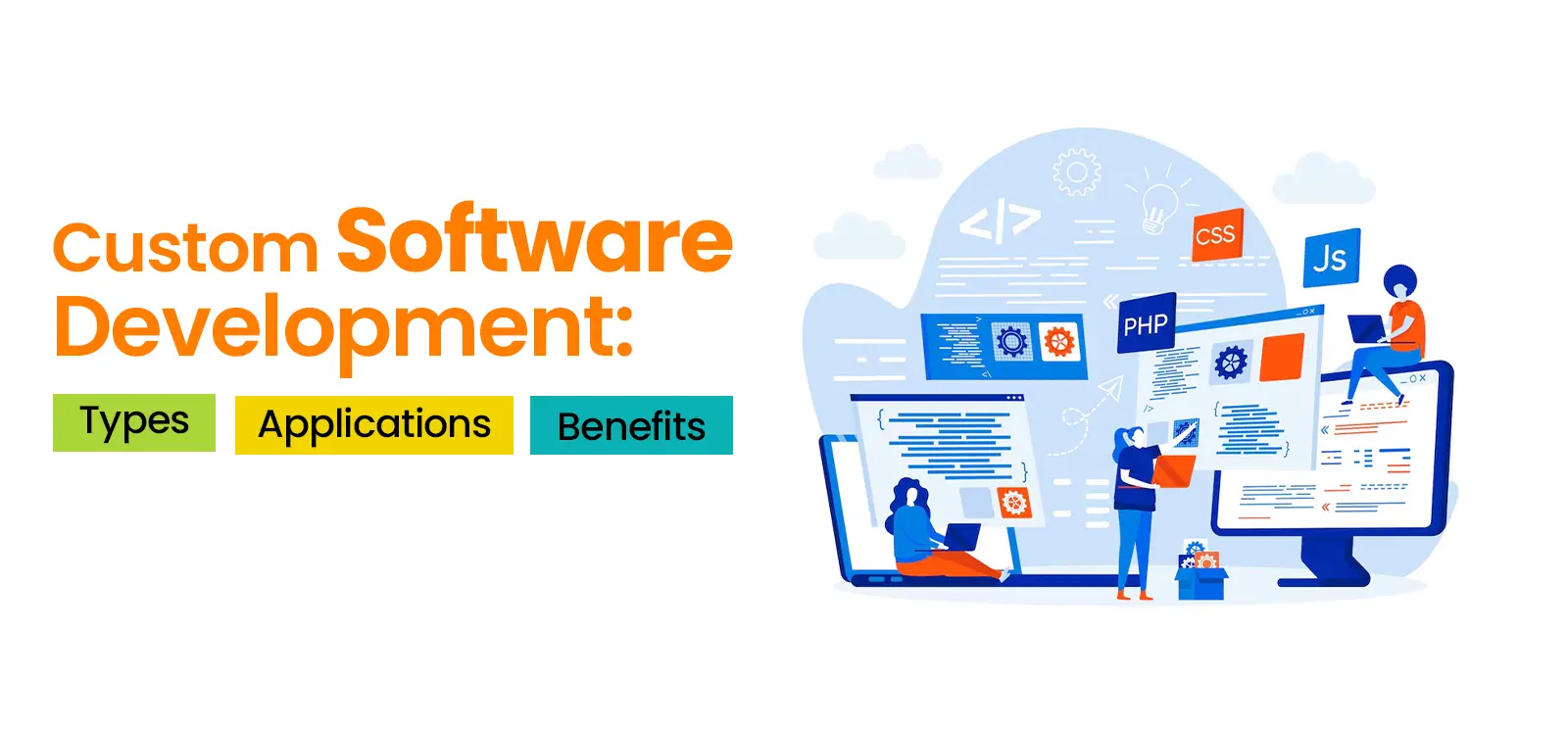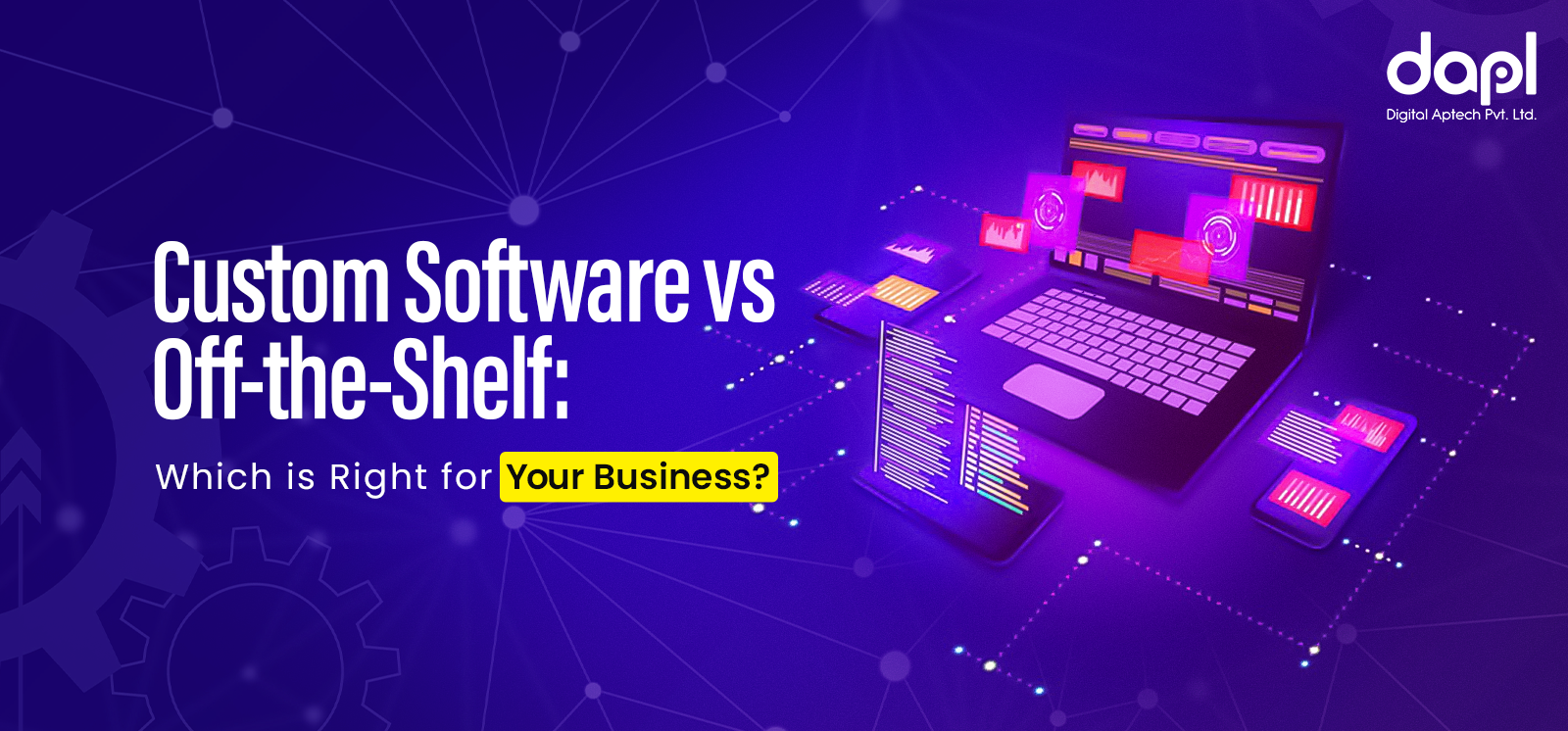Businesses worldwide rely on DevOps to accelerate and optimise software development processes. This has allowed them to improve efficiency, speed, accuracy and as well as security of the entire development cycle. Global IT businesses have incorporated DevOps engineering to streamline operations and delivery to gain a competitive advantage and serve clients better.
If you are wondering what is DevOps, then check out the following sections for a detailed rundown on DevOps engineering, its benefits, importance and more.
What is DevOps?
DevOps is a framework or a methodology which ensures improved collaboration, communication and interaction between the development team and IT operations team for smooth and efficient software or product delivery to customers.
DevOps, is a fusion of the words Development and Operations. Many explain DevOps as an extension of the existing Agile method of software development. It ensures to accelerate and optimise the entire software development cycle through automation, testing, feedback, collaboration and improvement.
What is DevOps Engineering?
DevOps engineering involves figuring out ways to facilitate collaboration between software development and IT operations personnel. This collaboration is crucial for development automation, enabling faster and smoother product delivery.
A DevOps engineer will develop and provide tools, techniques and strategies to bridge the gap between IT ops and software development to promote rapid development and release of top-quality products.
What is Azure DevOps?

Azure DevOps by Microsoft is a top DevOps service that brings together a collection of world-class DevOps tools and practices which provides all-in-one solutions for accelerated and agile product development cycle.
This cloud-based platform provides businesses that come with five key services as well as a vast marketplace. Here, businesses can access various extensions to expand and integrate multiple services for a well-optimised and efficient development cycle. Some of the core services of Azure DevOps include Azure Repos, Azure Boards, Azure Pipeline, Azure Test Plans and Azure Artifacts.
How do Agile and DevOps Interrelate?
Agile and DevOps are greatly connected with each other, and they often complement one another. There are various areas where these two overlap and go hand-in-hand.
Agile and DevOps are interrelated in several ways.
Firstly, both of these are essential stages needed during the software development cycle.
Also, DevOps tools help businesses to provide feedback on the impact and effectiveness of Agile sprints, thereby finding areas of improvement.
Now, both DevOps and Agile promote and facilitate smooth collaboration across the development and operations teams, ensuring rapid delivery and deployment of high-quality product.
DevOps allows Agile teams to work in an efficient and faster way by automating various processes, implementing and rolling out changes, etc.
How Can a DevOps Team Take Advantage of Artificial Intelligence?
Artificial Intelligence can help DevOps teams by increasingly automating the development processes. It enhances the quality and efficiency of software delivery as well as identifies improvement areas and rectifies various issues swiftly.
Here are ways in which DevOps can benefit by leveraging the power of AI:
- Automation of Testing: By implementing AI solutions, DevOps engineers can easily automate the testing processes.
- Superior Monitoring of Applications: Using AI-enabled surveillance, DevOps team can smoothly carry out continuous monitoring of applications, codes, programs, etc.
- Enhanced Collaboration between Teams: AI-powered solutions can help DevOps teams increase collaboration for better development cycles.
- Improved Analytics: AI can learn from previous data and identify crucial patterns that they may use to predict issues that might crop up in the future. DevOps teams can utilise this to resolve issues and provide dependable results.
Which is a Major Value of DevOps?
One of the most crucial values of DevOps is the collaboration and communication that it facilitates between the software development and IT operations teams.
DevOps was designed to serve as a link between different teams that are involved in the overall product development and delivery cycle. It helps in developing a collaborative environment in which involved teams can communicate, interact and collaborate optimally.
Which Statement is True about Agile and DevOps?
While Agile is involved with providing value to customers, DevOps is more about testing. Also, both Agile and DevOps are meant to eliminate challenges. They also help offer products of high value to customers for a superior experience and better results.
What is a Common Misconception about Agile and DevOps?
Agile and DevOps are widely used terms in the IT and software industries. However, there are still many misconceptions, doubts and confusion regarding them. One of the most prominent misconceptions is that both Agile and DevOps are synonymous. Another misconception is that these two can be used as alternatives for each other.
However, the truth of the matter is that DevOps and Agile are not the same. Agile is a software development methodology. DevOps is a framework. They both that act as a bridge to collaborate development and IT ops teams for efficient, smoother and faster product development.
Moreover, contrary to popular belief, businesses cannot use Agile or DevOps as a substitute for one another. The ultimate objective of both are the same and using one in place of the other cannot guarantee appropriate or desired results.
Why does DevOps Recommend Shift-Left Testing Principles?
Experts suggest shift-left testing principles in DevOps because it comes with multiple benefits, which include allowing teams to release features faster, enabling teams to identify and report any faults or bugs early on, making the entire development process faster and more efficient while helping businesses to create and deliver high-quality products.
Surprisingly, many businesses today still go with manual DevOps framework testing, which basically acts as a bottleneck for operational efficiency. Using Shift-left testing can be a beneficial option. Shift-left testing is a part of DevSecOps, which is a collaboration among development, security and operations. This is an advanced approach to testing and development that ensures security in the earliest stages of a brand’s product development.
What does Continuous Engineering in DevOps Consist of?
Continuous engineering in DevOps consists of multiple processes such as Continuous Testing, Continuous Integration, Continuous Delivery and Continuous Deployment.
In DevOps, Continuous Engineering connects all these different processes and unites them into a single and continuous process which helps in making the process of software development and delivery more agile and efficient.
What is an Accurate Description of Agile and DevOps?

Agile is a methodology used popularly in software development processes for accelerating the development, deployment and release of products. Evidently, DevOps is a culture that helps in bridging and collaborating the development and operations teams. This involves specific tools, technologies and practices.
Both Agile and DevOps are concerned with faster and more efficient product development and delivery. In a way, their goals are quite similar. But while Agile is more concerned with changing requirements of the development process, DevOps deals with testing and delivery.
Wrapping up
As the global business scenario becomes increasingly competitive, companies need to integrate DevOps with Agile to automate and optimise their product development. Evidently, this will help in ramping up operational efficiency, delivering high-quality products, and serving customers in a better way.
Partner with Digital Aptech to implement robust DevOps practices and drive your business toward greater agility and success.





